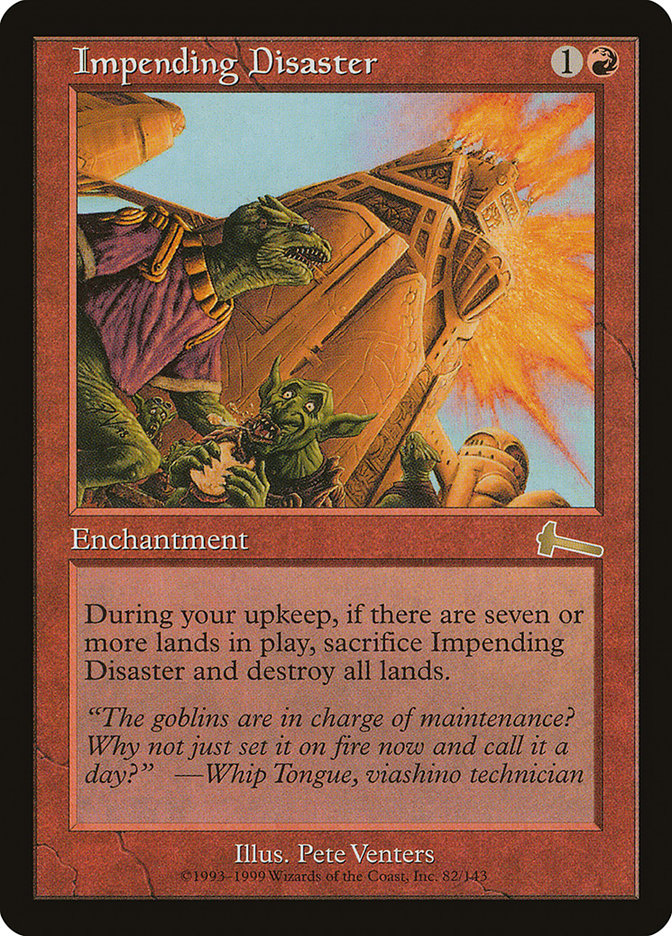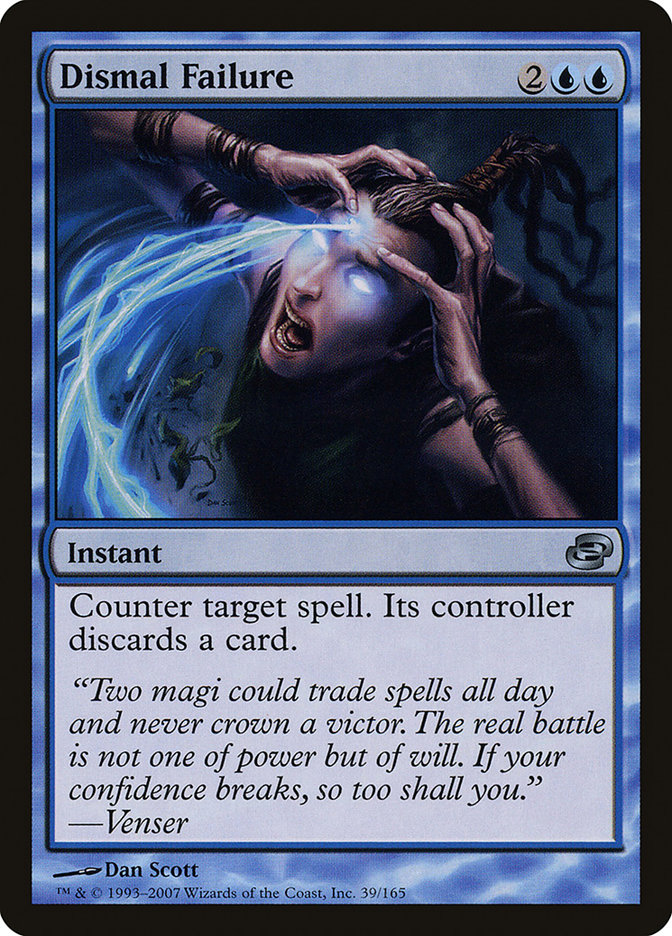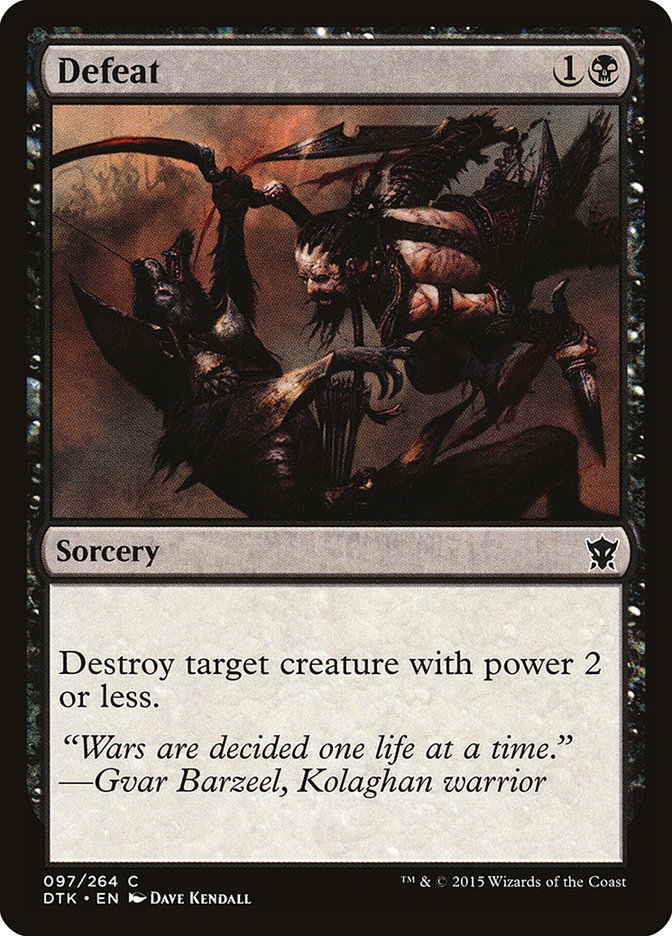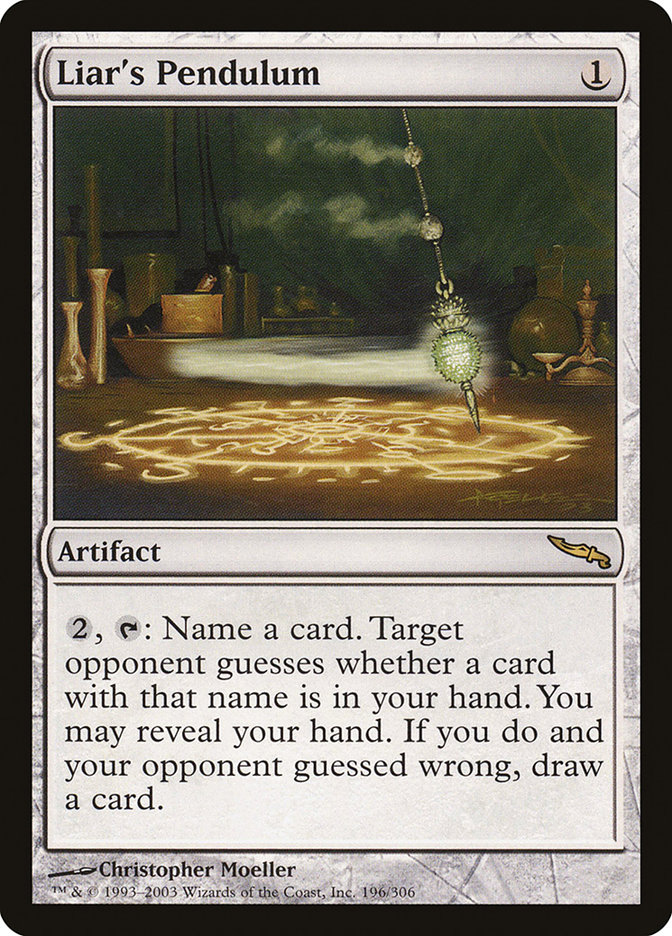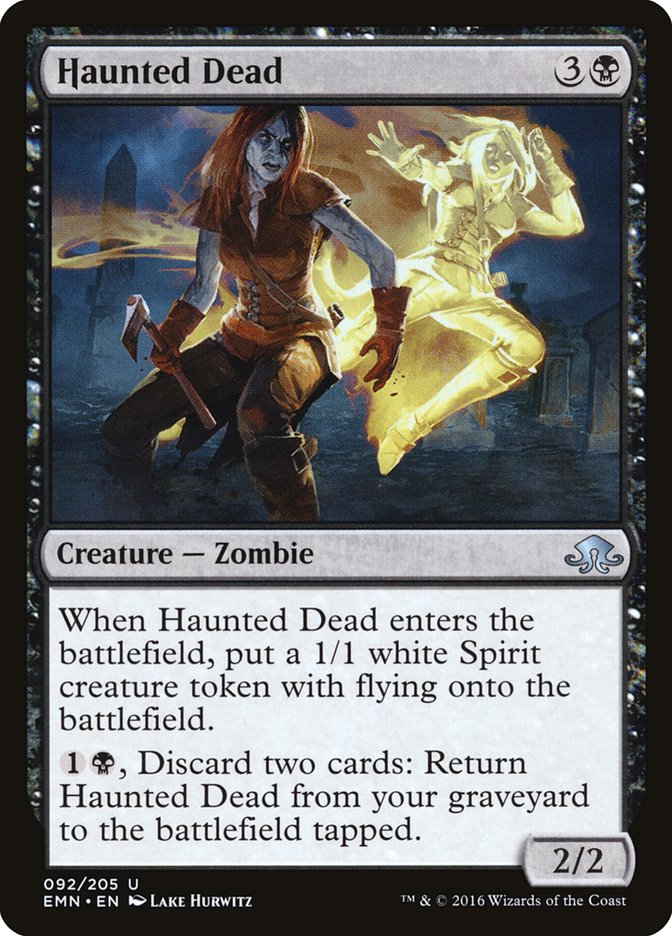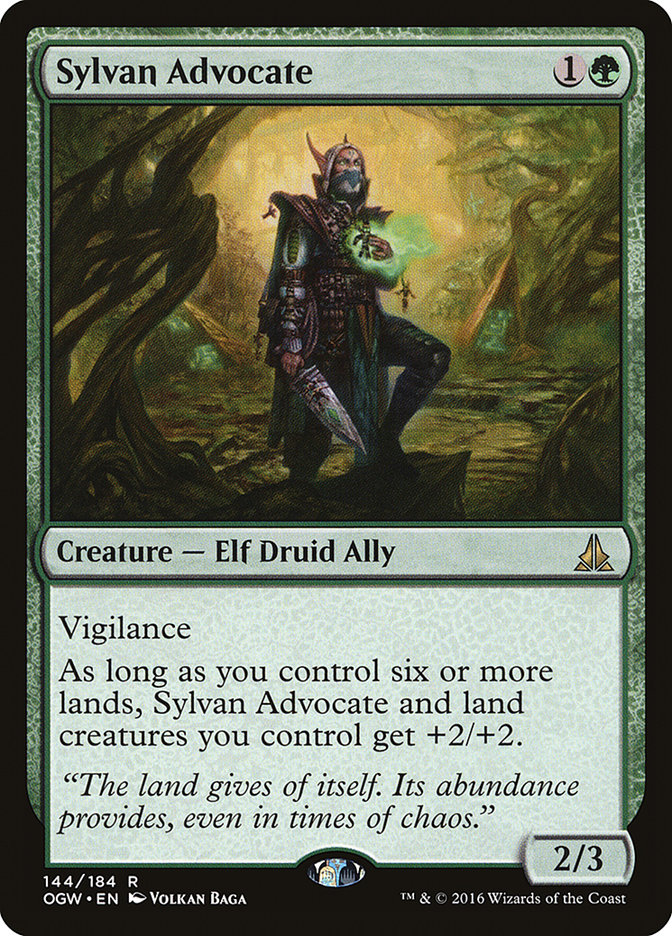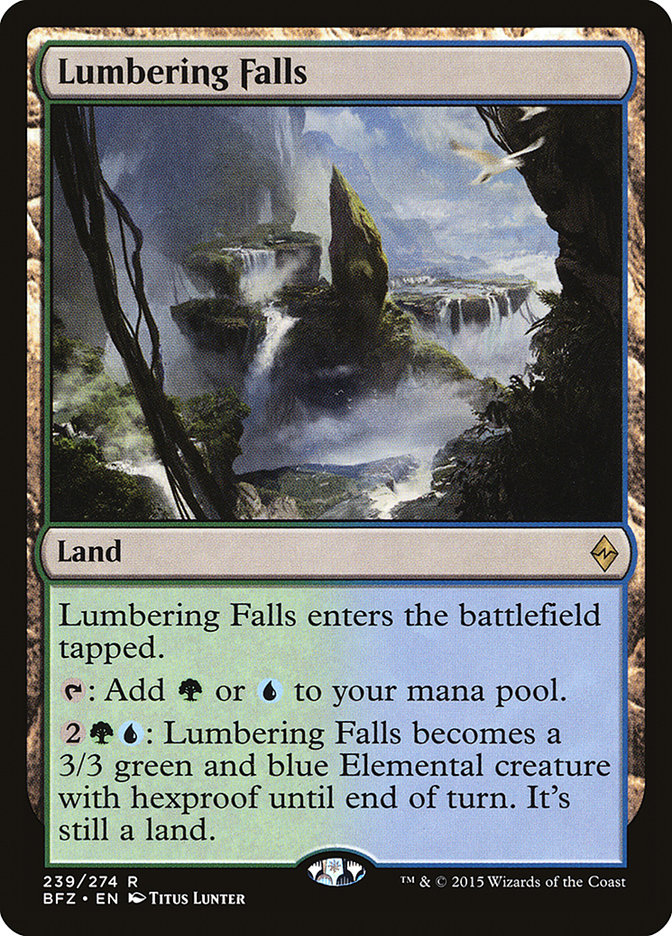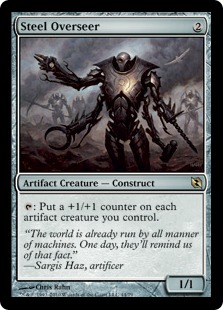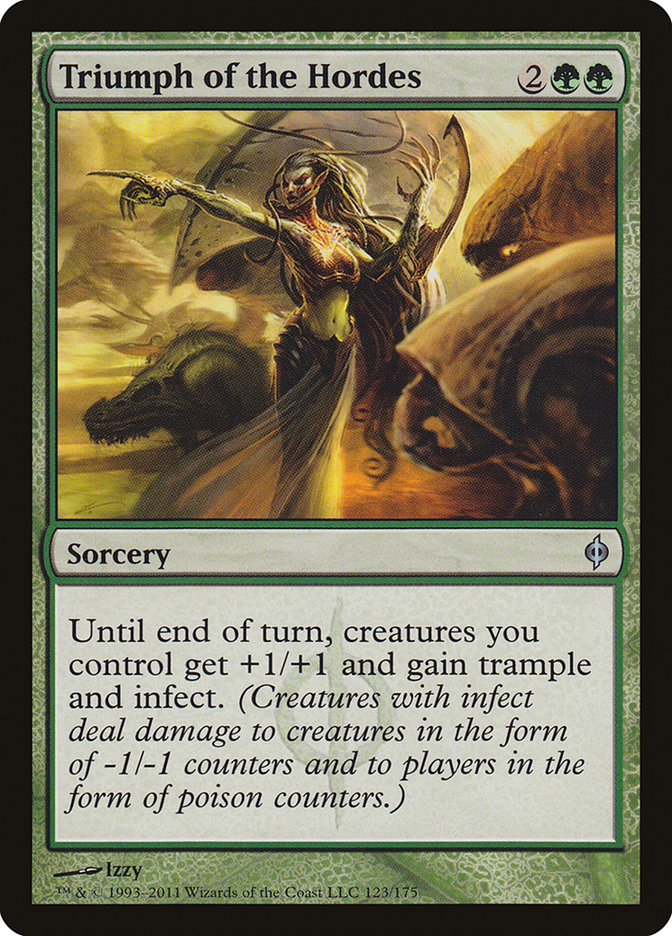You’re just about a turn cycle away from a trip to Honolulu to play in a Pro Tour.
Creatures (20)
- 4 Jace, Vryn's Prodigy
- 4 Prized Amalgam
- 1 Stitchwing Skaab
- 4 Elder Deep-Fiend
- 4 Haunted Dead
- 1 Distended Mindbender
- 1 Ishkanah, Grafwidow
- 1 Noose Constrictor
Lands (22)
Spells (18)

You’re playing your Four-Color Emerge deck, an extremely powerful but difficult-to-pilot deck that does some of the most broken things in the format, and you’ve made it into the Top 8 of the RPTQ with a 6-1 record in the Swiss as the first seed. One more win and you win a free plane ticket to Hawaii and a Pro Tour qualification.
You’ve won Game 1 against your Bant Company opponent, and after you and your opponent both stumbled to start Game 2, you’ve finally found a Haunted Dead off of a Jace, Vryn’s Prodigy loot to get your engine going.
Here is the game state.
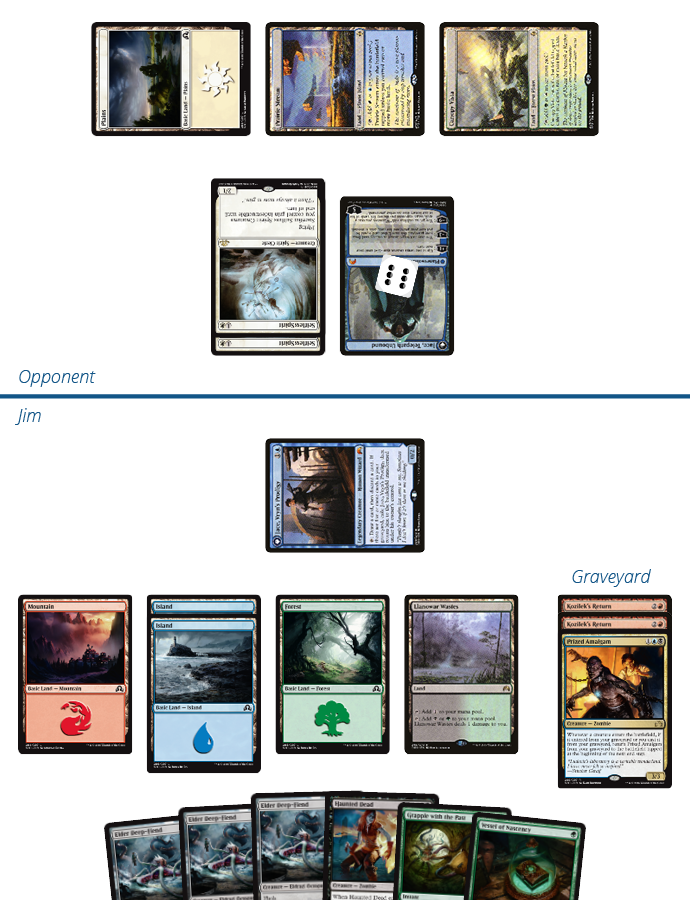
Now is not the time for thoughts of the beaches of Hawaii, and you must plan out your next few turns—
• After you discard your Haunted Dead to your Jace activation, you are going to flip your Jace, Vryn’s Prodigy into Jace, Telepath Unbound and plus it on one of the Selfless Spirits. Then you will say go.
• On your opponent’s upkeep you are going to discard the Vessel of Nascency and the Grapple with the Past to return Haunted Dead. You are going to place the Spirit token creation ability on the stack along with the Prized Amalgam delayed trigger, and then emerge an Elder Deep-Fiend with your remaining mana, sacrificing Haunted Dead for emerge.
• You are going to place the two Kozilek’s Return triggers on the stack on the casting of Elder Deep-Fiend, and then place the Elder Deep-Fiend’s cast trigger on the stack, targeting your opponent’s three lands and the Selfless Spirit that still has two power.
• With only three mana available, the only realistic thing that your opponent can do is play a naked Spell Queller which is fine, and then they will sacrifice one of the Selfless Spirits to save their other creature or creatures. You will then decline to use Kozilek’s Return before resolving the Spirit token ability.
• With no access to any mana and no possible attackers, your opponent will likely just pass the turn. In their end step, you will return your Prized Amalgam to the battlefield and then untap with Jace, Telepath Unbound on the battlefield with six loyalty and nine power worth of creatures, ready to Elder Deep-Fiend them two more times while threatening Kozelik’s Return and using Jace, Telepath Unbound when necessary.
After deliberating and deciding on a plan, you discard Vessel of Nascency to Jace, Vryn’s Prodigy and flip it; plus Jace, Telepath Unbound; and say go.
“Upkeep, discard Haunted Dead and Grapple from the Past to Haunted Dead to return it.”
Did you catch it?
Your opponent sure did.
“Uh… What Haunted Dead? There’s no Haunted Dead in your graveyard.”
…
Oh.
You got so caught up in figuring out how to sequence on your turn and your opponent’s turn that you discarded the card you wanted to discard to Haunted Dead instead of actually discarding the Haunted Dead.
Your opponent plays a fourth land, and a well-timed Learn From the Past leaves you with no graveyard and a hand of nothing but three Elder Deep-Fiends and nothing to emerge them with.
Game 3, you are moved to the camera match, mulligan, stumble, and lose.
Tournament over.
Dealing with Tough Losses
If it wasn’t obvious enough, this was my tournament last weekend at the RPTQ at Kirwan’s Game Store.
One of the most common questions I get when I am streaming is how to deal with tough losses. Every Magic tournament ends with one winner and a bunch of losers, and handling the psychological and financial impact of this reality is an important skill for a serious Magic player to have. Each event only has one trophy, or four Pro Tour invites, or eight Invitational invites, or pays out cash to so many players. You are going to lose more than you are going to win, and being able to understand and rationalize this is very important.
While the degree between them varies tremendously, there are two major types of losses:
1. Games you lose due to poor draws, bad matchups, or high-quality play from your opponent.
There’s always room for reflection and examination of what could have been done differently, but sometimes in Magic you just lose. This can come from mulliganing to five both games or from just facing someone who plays well and you don’t come out on top. Either way, these sorts of losses are going to happen to anyone who plays the game.
Understanding this is important.
When it comes down to it, Magic is a card game. You knew when you signed up for the tournament that you would be shuffling and randomizing the deck you brought, and you knew that your opponents would be doing the same. You also knew that Magic is not chess or some other game with extreme consistency. It’s possible to be put in a situation where you don’t really have a fair chance to win, and it’s possible to play well and still lose.
And this is okay.
For games where it doesn’t feel like you did anything wrong but still lost to a player who was playing well, it’s important to view them not just as losses but as opportunities to learn. No one tournament is bigger than the game itself, and our goal as competitive Magic players is to learn and improve ourselves at every chance we get. There are many Magic tournaments to be played, and the goal is to have an upward trend the more we play. Every loss should be viewed as a productive learning experience as well as a loss, and a chance to set yourself up for more success in the future.
But what about the games where you don’t get to play because you mulligan to five both games? Or the games where you make the correct play and play around the right cards, only to see your opponent draw that one-outer to finish you off?
It’s a card game. Deal with it.
Luck doesn’t exist, and the pendulum of probability will always swing back to the middle over a long period of time. It’s really easy to remember all the times you’ve been drawn out on or gotten very unlucky, but much more mundane to remember the times you’ve topdecked or gotten very lucky. They’ve happened just as much. Nobody is inherently “lucky” or “unlucky.” Luck is just a word used to describe probable and improbable events occurring.
Focus on what you can control, and understand you are playing a game where you can’t always control everything. These types of losses put you in a position where you aren’t really in control of the outcome of your match, either because of variance or because you have not yet acquired the skills necessary to compete with the level of play of your opponent.
But what about the games where you are in control?
2. Games you lose due to poor choices on your part, be they strategic “big picture” errors or actual in-game blunders.
While understanding how luck is part of the game or losing to quality play is fairly easy understand, things get much more difficult when your loss is a direct result of poor choices you have made.
Sometimes you walk away from a loss and you just know a better or more informed player would have won where you did not. This can be due to many things: not understanding a matchup properly, poor mulligan choices, improper threat assessment, poor sequencing, and the list goes on and on. Magic is an extremely difficult game to play well, and almost all players experience what it’s like to play a game poorly. Maybe your overall strategy was flawed, or your technical play not as crisp as it needed to be. Whatever it was, you’ve lost a match where you know you didn’t play well enough to win.
This is a very hard thing to admit, but paramount to your growth as a player.
For some people, losses like this are inspiring. They know they got close to winning, and they know that with proper practice and play that winning was possible. Victory was within their grasp, and it wasn’t luck or anything else that took it away from them – they were in control of their own destiny, and next time they are in the same situation, if they play correctly, they will be able to come out on top.
Of course, it’s also easy to see how it can be damaging to one’s confidence to get so close, only to not be good enough and let it slip away. Self-doubt creeps in, and the player wonders if they’ll ever be good enough to win and take that next step. This is common and dangerous thinking.
Even worse than just feeling like you played badly, however, is committing an actual blunder.
Which brings us back to my RPTQ.
I didn’t “play badly” in that second game. My strategy wasn’t flawed and I didn’t get outplayed. I just dropped the ball when I was wide open in the endzone. Sometimes you discard the wrong card. Sometimes you miscount damage. Sometimes you forget your Sylvan Advocate is going to shrink back to 2/3 when your Lumbering Falls dies.
These sorts of blunders happen all the time, to the very best in the world. One time Jon Finkel attacked a 2/2 into a 2/2 first strike creature in the Top 8 of a Pro Tour because he didn’t realize it had first strike. Derek Jeter has booted a number of balls in his career. All you can really do is accept that you are a human being that is going to make errors, and some of them are going to be really dumb.
Unfortunately for me, my big error came at a particularly devastating time.
So how do you get over the frustration of letting it all slip away? How do you not let failure damage your confidence and chip away at your self-worth?
Not Apathy but Investment
A common mantra among poker players is that, to succeed, you must completely remove emotion from your game. By doing so, you can’t get frustrated or upset about a tough loss, whether it’s anger from an opponent getting very lucky against you or confidence issues from losing at a critical time. You also can’t feel the weight of knowing you’ve got a very large sum of money in front of you, and if you make a critical error, you are going to lose it all. No emotion, no fear, no problems, right?
Not exactly.
The issue with this is twofold.
One, we are not robots. While you can definitely train yourself to have better control of your emotions, reaching this emotionless state is essentially impossible unless you have some sort of psychological disorder. You are merely covering over your emotional instincts and they are still present deep down in your psyche.
Two, while difficult to control at times, there are many positive emotions that drive us to be better players. Competitive drive, determination, motivation, and just general emotional investment can all be very positive forces in your growth as a Magic player. Apathy is a dangerous thing, and while a passionate investment in something you love can be dangerous, it can also be rewarding.
So what happens when you invest yourself but come up short? How do we handle our own shortcomings and failures?
Not Sadness but Reflection
It’s easy to be sad or down after a tough loss.
Lord knows I sat at that table after my loss for quite a while. The winners had left, the judges had started to clean up, and they had to ask me to move because they were starting to pack up the cameras and streaming equipment. It wasn’t even so much that I had thrown away the Pro Tour invite and the trip to Hawaii; I’ve been to a bunch of Pro Tours and it’s not really my focus at the moment, and two of them were in Hawaii where I had an amazing time. I’ve also both won and lost much more important matches, under much larger and more stressful circumstances in front of many more spectators.
It was more so that, in the heat of battle, I knew I blew it. I let myself down, and I let people who were rooting for me down, all because of a ridiculous unforced error. I drove many hours, made it all the way through the event, was on the brink of victory…and it all came crashing down with one misstep.
And that’s okay.
It’s okay to soak in it for a little bit.
One of my favorite things I see in sports is when a young team loses a big playoff game for a championship and the coach makes the team stay on the field/bench/dugout to watch the other team celebrate. It seems almost masochistic, but there’s a point. The reality is that you’ve lost and someone else has won. Their hard work and quality play has paid off for them, while you have come up short. Your season is over and running back to the locker room won’t change that reality.
Watch them.
Take it in.
Use it.
See what you want, and figure out what else you need to do to get there. Defeat shouldn’t be defeating; it should be motivating. Reflect back on what you have learned, and understand there’s always another game, there’s always another tournament. Use your loss as motivation for your next event.
Just don’t fall into the trap of wallowing.

It’s okay to care. It’s okay to be upset at a tough loss. But your goal is to take it in, live with it for a little bit, and then come out the other side ready to look towards the future. You can never change the past, but you can work hard to make the future what you want it to be.
You don’t want to be the Magic player at the local shop who never travels to tournaments anymore and just talks about the time he almost made Top 8 of a Grand Prix in 2006, constantly retelling his story in perfect detail.
Take it in, learn from it, and then move on.
If you care about what you are doing and have a competitive spirit, losing will never be easy. There are many different ways to lose, and if you play enough you will likely experience all of them. It will hurt every time, and every time you will be faced with the choice of giving in to self-doubt and frustration or taking the experience and turning it into a positive one.
There’s always another tournament.
Challenge Thursday
Last week’s Challenge Thursday we went digging in our graveyard for lands, as the challenge was fairly simple: “(Modern) Lands Lands Lands! Build around Life from the Loam” curtsey of @Finbez1.
My first attempt was to build a deck with 38 lands somewhat modeled off of Legacy lands, but that went so poorly I won’t even embarrass myself by showing the list. My next attempt fared much better:
Creatures (16)
Lands (24)
Spells (21)

Both Monastery Swiftspear and Countryside Crusher underperformed, but the deck was pretty fun overall.
This week we of course have a new challenge:
As always, the poll will end at 6:00pm Eastern time, which will give me two hours to construct my deck and ready the stream. Then you can tune in at 8:00pm for the start of the stream. I will be playing an entire League with the challenge deck, tweaking it a bit, and then playing another League right after.
How many wins can I get? Cast your vote and tune in to my stream at 8:00pm tonight to see how it goes!


